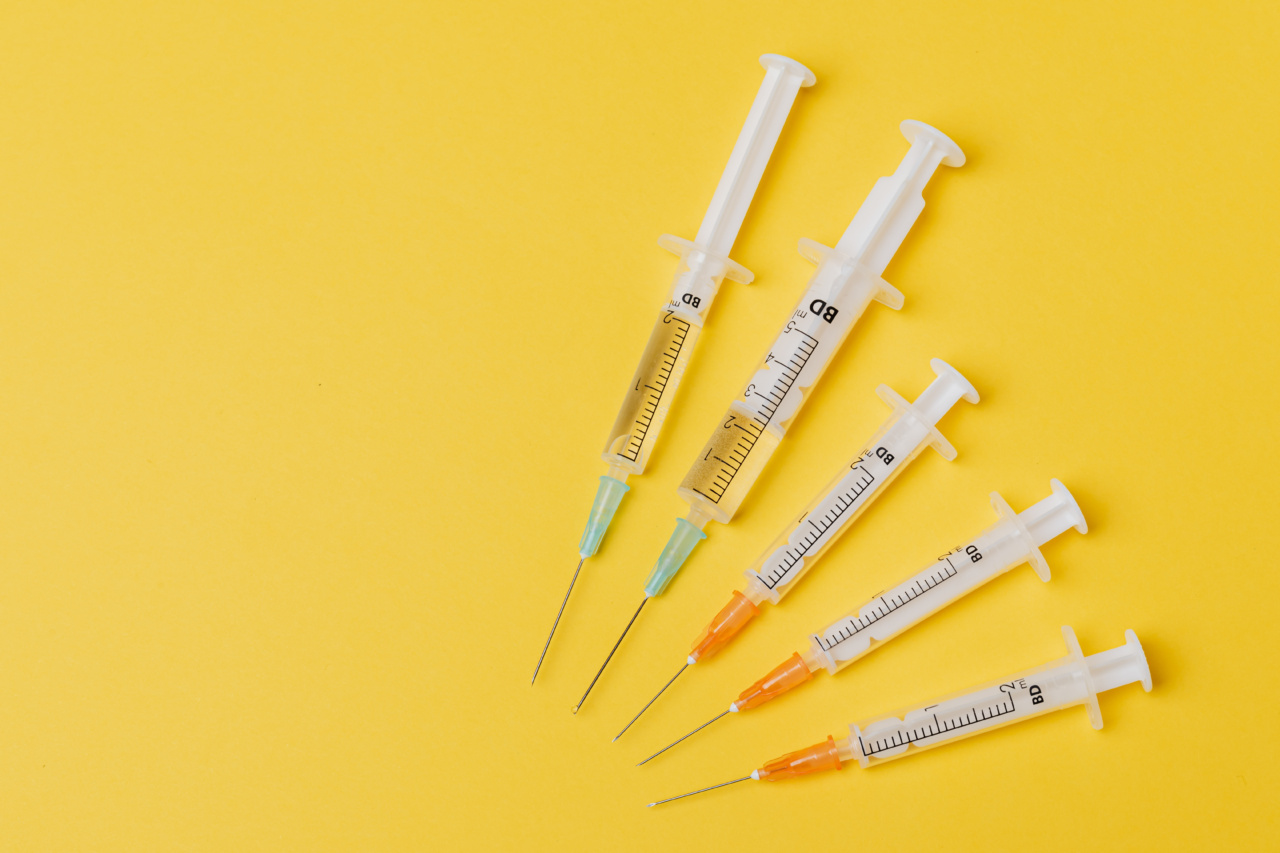Living with irritable bowel syndrome (IBS) can be a constant struggle. It can cause bloating, diarrhea, and constipation, making it difficult to enjoy daily life. The good news is that there are ways to prevent and alleviate these symptoms.
In this article, we will explore some of the best techniques for IBS relief.
1. Keep a Food Diary
One of the most effective ways to prevent IBS symptoms is to identify your trigger foods. To do this, keep a food diary for a few weeks and record everything you eat and drink, along with any symptoms you experience.
This will help you see patterns and identify foods that may be causing your symptoms.
2. Avoid Trigger Foods
Once you have identified your trigger foods, try to avoid them as much as possible. Common trigger foods include dairy, gluten, sugar, caffeine, and alcohol.
However, everyone is different, so it is important to pay attention to your own body and identify your own triggers.
3. Eat Smaller Meals
Eating smaller, more frequent meals can help prevent bloating and digestive discomfort. Eating large meals can put a strain on your digestive system, making it more difficult to process food.
Try eating five or six smaller meals throughout the day instead of three large ones.
4. Stay Hydrated
Dehydration can exacerbate IBS symptoms, particularly constipation. Make sure you are drinking enough water throughout the day to stay hydrated.
Aim for at least eight glasses of water per day, and avoid drinks that can dehydrate you, such as coffee and alcohol.
5. Exercise Regularly
Regular exercise can help improve digestion and prevent constipation. Aim for at least 30 minutes of moderate exercise per day, such as walking, cycling, or swimming. Yoga and pilates can also be beneficial, as they can help relax the digestive system.
6. Manage Stress
Stress can trigger IBS symptoms, so it is important to find ways to manage your stress levels. Deep breathing and meditation can be helpful, as well as activities that you enjoy, such as reading or listening to music.
Getting enough sleep is also important for managing stress.
7. Take Probiotics
Probiotics are beneficial bacteria that can help improve the balance of bacteria in the gut. This can help alleviate IBS symptoms, particularly bloating and diarrhea.
You can get probiotics in supplement form, or through foods such as yogurt, kefir, and fermented vegetables.
8. Try Fiber Supplements
Fiber supplements can help regulate bowel movements and prevent constipation. However, it is important to start with a small dose and gradually increase it, as too much fiber can actually worsen symptoms.
Psyllium and methylcellulose are good options for IBS sufferers.
9. Consider Medication
If your symptoms are severe, your doctor may recommend medication to help alleviate them. Antispasmodics can help relieve abdominal pain and cramping, while laxatives can help alleviate constipation.
However, these medications should only be used under the guidance of a healthcare professional.
10. Seek Support
Living with IBS can be challenging, but it is important to remember that you are not alone. Seek support from friends, family, or a support group.
Talking to others who understand what you are going through can be a great source of comfort and inspiration.






























